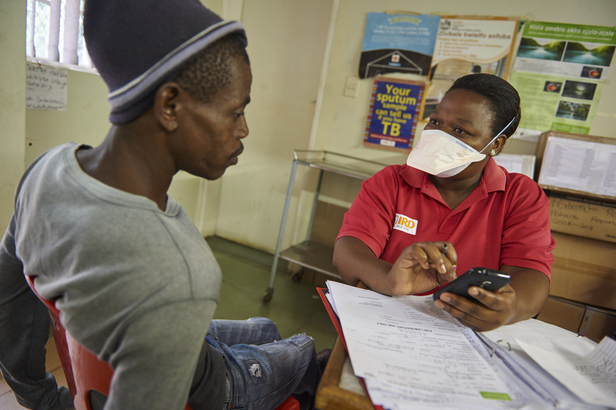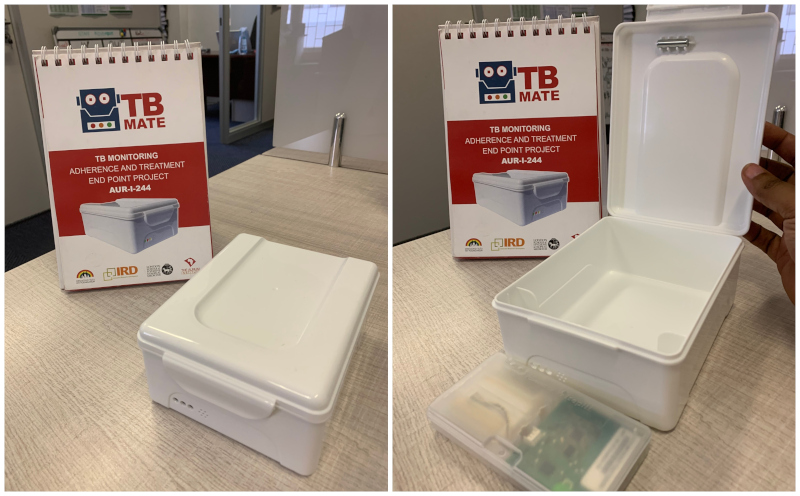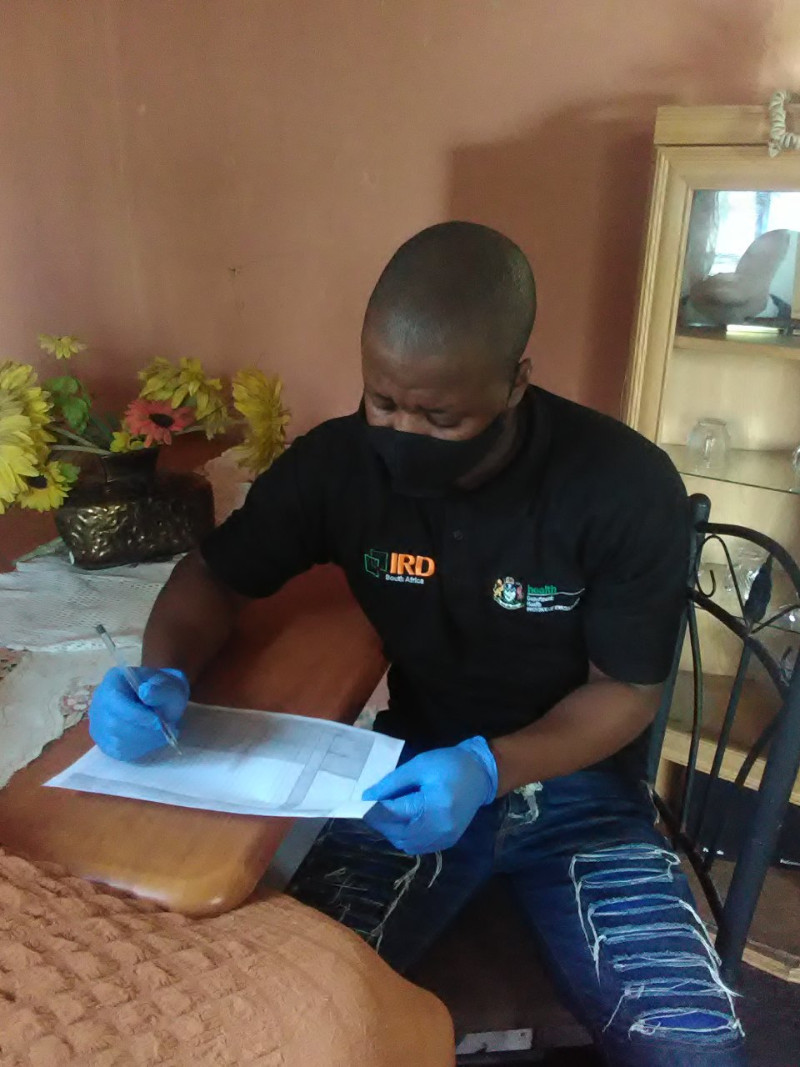
IRD South Africa’s COVID Response: Supporting the vulnerable while adapting to disaster
2nd September 2020
On March 15, 2020, Cyril Ramaphosa, the President of South Africa, declared a national state of disaster. The country was beginning to see an influx of novel Coronavirus (COVID-19) cases.
Less than two weeks later, the president implemented a national lockdown, “one of the strictest lockdown regimes in the world,” with almost no movement permitted and all non-essential activities to be ceased.
Unfortunately, even a strict lockdown could not slow the number of confirmed cases ticking upward. As more and more South Africans became infected, the economic downturn pushed many into unemployment, and low-income households experienced deepened food insecurity.
Amid the increasing burden of problems caused by the outbreak, vulnerable communities grew steadily more at risk. People with existing conditions and illnesses, already at high risk of being infected by COVID-19, were now experiencing difficulty in leaving their homes to keep up with treatments and receiving their medications. Even more was the added stress of catching and succumbing to the virus.
“Many patients are actually not dying of COVID-19 itself, but of the comorbidities that are triggered after they are infected with COVID-19,” says Noeline Xulu, IRD South Africa Program Manager.
It was clear that in spite of the many restrictions in place and risk of the outbreak looming over, support and treatment for patients with existing conditions and illnesses had to continue. IRD South Africa recognized this necessity at the onset of the lockdown, and has been working tirelessly to ensure patients receive the quality healthcare services they so desperately need.
The IRD team works closely with the Department of Health to carry out multiple projects and studies, with a special focus on tackling the incidence of TB. In light of the pandemic, all teams adapted their programs in interim, implementing safety precautions to minimize the risk of COVID-19 for themselves and to the patients, while they continued their projects.
IRD South Africa’s Non-communicable Disease (NCD) Link Project works with local facilities in Durban. The project team screens and diagnoses patients with NCDs, and then screens their household contacts to find additional diagnoses and refer onwards for testing and treatment.

“Under normal circumstances, these activities are conducted face-to-face – health workers visit patients’ homes to screen their households and refer them for further screening and treatment,” said Noeline. “But during the lockdown, we had to adhere to distancing requirements.”
To adapt to the new guidelines, patients were provided with longer term prescriptions of medication to limit their visits to the clinics, allowing them to maintain physical distance. The IRD team put a hold on their screenings, and instead shifted their focus to supporting patients’ physical and mental well-being.
Globally, there has been an uptick in the number of people struggling with their mental health, as the pandemic has caused great uncertainty, financial struggle and loneliness. So in order to support their patients, the team developed an in-depth questionnaire to assess how their patients were coping during the pandemic. Health workers would contact patients over the phone, conduct check-ins and go through the questionnaire, providing support, advice and further treatment if needed.
Such efforts are essential in minimizing the added mental strain that can worsen physical illnesses.
IRD has also been working on finding TB patients who are ILTFU – initial loss to follow up – and having them initiated on treatment as soon as possible. Working with the National Institute for Communicable Diseases and local primary care centers, the South Africa team follows a “patient alert and response” system. They receive notifications for positive patients, track and monitor whether they comply with their treatment, and manage data collection at facilities.
“When the lockdown went into effect, healthcare workers could no longer visit facilities and care centers to access and upload data into the system,” said Jolene Chetty, Program Manager. “Instead, they had to coordinate with focal persons at respective centers to continue the alert and response system.”
IRD South Africa’s TB MATE study also continued to monitor treatment adherence of TB patients. Patients enrolled are given a pill box with an electronic module. This pill box is connected to a database and tracks every time the box is opened by the patient to take their medication.

The box is also scheduled to set off an alarm to remind the patient to take their pills, and an automated SMS is sent to the health workers in case the box is not opened. This system allows for an immediate response when there is cause for concern – if the patient misses three doses, health workers receive a notification and reach out to the patient directly, ready to provide adherence counseling and support.

During the national lockdown, patients could no longer be enrolled into the study in order to maintain physical distance. However, the team continued monitoring already-enrolled patients over the phone, allowing them to continue supporting vulnerable patients while maintaining the safety of both groups.
As of June 1, South Africa has begun to ease its lockdown, allowing some activities to resume. However, with 600,000 cases and counting, restrictions such as physical distancing are still being maintained and healthcare workers have to don PPE when they go to work, be it in the office, care facilities or centers.
The IRD team has ensured that all its staff and healthcare workers have adequate access to PPE when they need it, and follow the national guidelines, as they continue to support their patients.
Now more than ever, high-risk patients must be made a priority as a COVID-19 infection is likely to place them in a very difficult situation. The IRD South Africa teams have continued their commitment to supporting the most vulnerable communities, and will continue to do so throughout this pandemic.

 Contact Us
Contact Us







 info@ird.global
info@ird.global
 16 Raffles Quay, #16-02, Hong Leong Building, Singapore 048581
16 Raffles Quay, #16-02, Hong Leong Building, Singapore 048581
 Designed by The Brand Crew
Designed by The Brand Crew